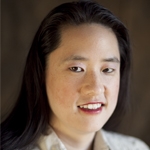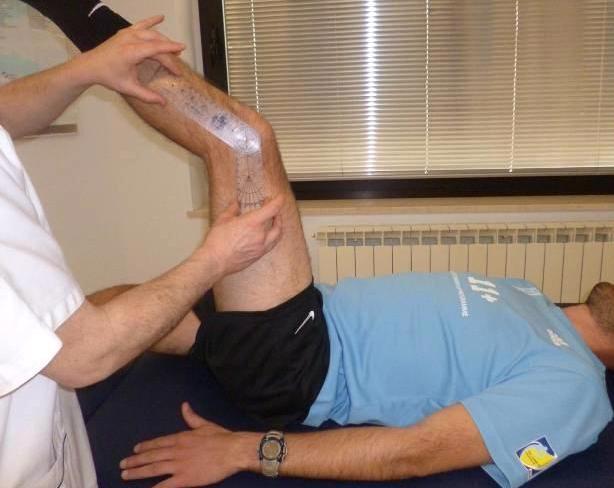Guest blog by Miye Fonseca, PT, DPT
Going out on your clinical rotations can be either an exciting or a nervous time when being in charge of treating patients. Being in the clinic is always a great learning experience to hone in on the clinical skills and apply what you learned in classes to your patients. It is also a time you can make preparing for your board licensure exam less stressful by being proactive. During your clinicals, you can reinforce concepts and techniques to make you stronger overall as a clinician.
The NPTE and NPTAE are very clinically based exams rather than academically based. Therefore, being on your rotation can benefit you by orienting your thinking towards a clinical approach. Whether you are going for a few short weeks or for a full semester rotation, you can take advantage going over exam information with your clinical instructor, other clinicians on staff, and with actual patients.
Here are some recommendations on how to utilize your clinical rotations to help you prepare:
Specific Related Questions
Start your clinical rotation with very specific questions or concepts you want to strengthen as part of your exam preparation. You’ll be asked a lot of questions and to think clinically from your clinical instructors; however, take the time to also ask lots of questions to help you learn and solidify areas that are related to the exam format. This is your time to really gain clinical insight and have personal one on one time to help you prepare better for the exam.
Focus on Three Areas
Your primary focus is to be sure you are safe, competent, and can pass your rotations. When coming into the rotation, focus on three specific areas related to the exam to improve on by the end of the rotation. For example, working on performing evaluations on connecting how the signs and symptoms lead you to a better examination would help you be able to quickly identify these on exam questions.
Practice Time Management
Learning to be good at time management helps in both practicing and when studying. Everything takes longer in the beginning until you are comfortable with transitions from evaluations to treatment and then documentation. When you become better at getting the subjective and objective assessments, the longer a treatment session you’ll have with the patient to make progress. This is also the case when studying. You’ll want to be able to shift gears easily and not spend too much time in one particular area to avoid getting too detailed or over analyzing one particular topic.
Clinical rotations are great hands on practice; however, avoid the mistake of taking a particular experience you had and making similar assumptions about an exam question scenario. These questions must be taken at face value and inserting your prior experience about a particular patient from clinicals can negatively affect your score.
 Miye Fonseca, PT, DPT, Founded Therapy Exam Prep (TEP), the first online exam preparation program for physical therapists / assistants preparing for their state board licensure exam emphasizing the clinical thinking approach. Miye received her Physical Therapy degree from the University of Southern California (USC) in 2004, where her graduating doctorate class was the first year for USC to be ranked #1 for PT programs in US News.
Miye Fonseca, PT, DPT, Founded Therapy Exam Prep (TEP), the first online exam preparation program for physical therapists / assistants preparing for their state board licensure exam emphasizing the clinical thinking approach. Miye received her Physical Therapy degree from the University of Southern California (USC) in 2004, where her graduating doctorate class was the first year for USC to be ranked #1 for PT programs in US News.
With foresight and being progressive, she has brought a new level of preparing for the exam with practical and clinical approaches. She has helped and mentored thousands of examinees in over 41 different countries and throughout the US to be very successful in obtaining their license. She now presents at conferences and educates other professionals.

